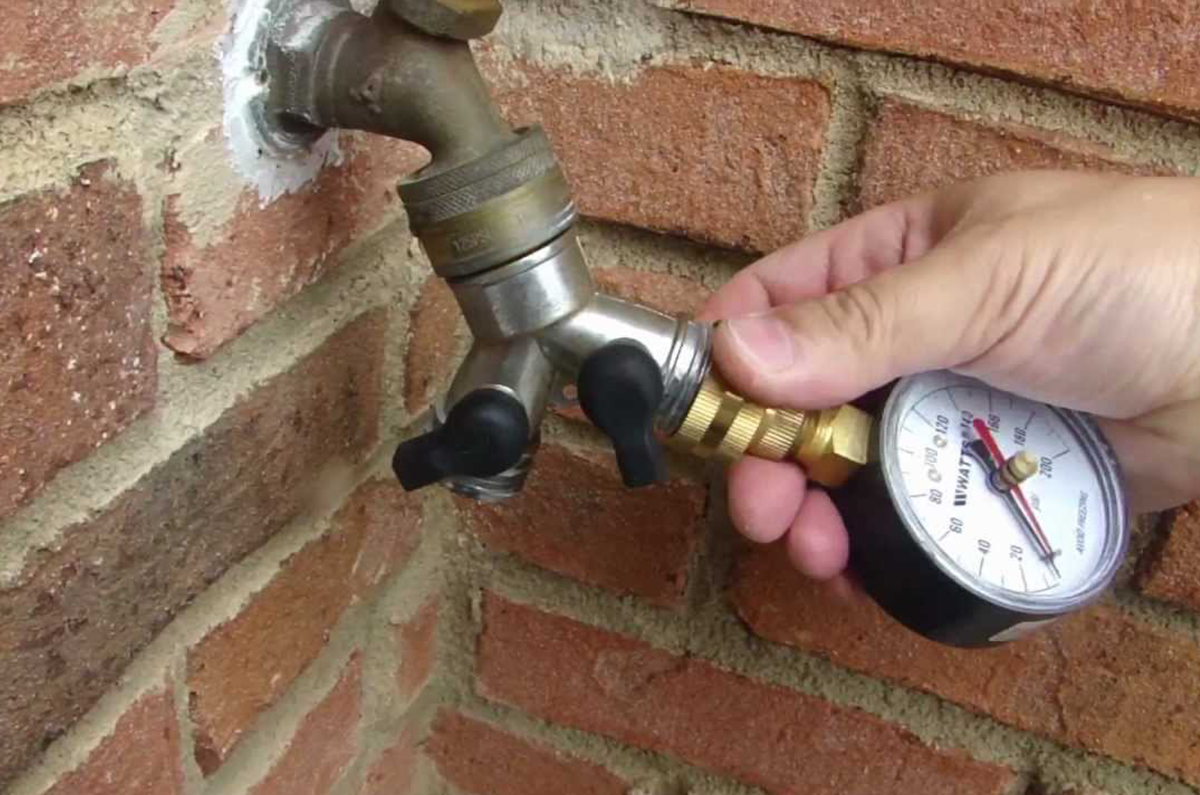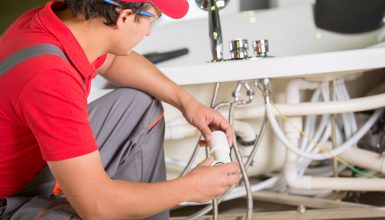Do you find yourself on the lookout for answers around 9 Reasons for Low Water Pressure in Your House?

Low tide pressure in your home can be a frustrating issue, influencing whatever from bathing to washing meals. If you're experiencing weak water circulation, there are a number of possible causes and options to discover. In this guide, we'll go over common factors for low water pressure and useful actions to resolve the issue properly.
Intro to Low Water Pressure
Low water stress occurs when the circulation of water from your taps, showers, and various other components is weak than normal. This can make daily jobs a lot more challenging and much less effective. Understanding the reasons for low water stress is crucial to finding the best service.
Typical Sources Of Low Water Pressure
Faulty Pressure Regulatory Authorities
Pressure regulators are accountable for preserving regular water pressure in your house. If they malfunction, it can result in low water stress or uneven circulation throughout your house.
Local Supply Of Water Issues
Often, the issue lies outside your home. Metropolitan water issues, such as main line leakages or upkeep job, can momentarily decrease water pressure in your location.
Pipe Obstructions
Gradually, pipelines can come to be obstructed with natural resource, debris, or debris, restricting the circulation of water. This is a common issue in older homes with galvanized steel pipelines.
Deterioration
Deterioration within pipes can lead to leakages and reduced water pressure. Rust accumulation can constrict water circulation, particularly in maturing plumbing systems.
Exactly How to Identify Low Tide Pressure
Examining Pipes
Evaluate noticeable pipes for indications of leaks, corrosion, or clogs. Take note of any kind of unusual audios, such as banging or rattling pipelines, which could show concerns within the plumbing system.
Consulting with a Plumber
If you're not able to determine the cause of low water pressure, think about employing an expert plumber to carry out a comprehensive evaluation. They can determine underlying concerns and suggest appropriate services.
Checking Taps and Components
Start by evaluating the water pressure at various taps and fixtures throughout your home. If the problem is isolated to details areas, it might suggest localized issues.
Do It Yourself Solutions to Fix Low Water Stress
Flushing Water Heater
Sediment accumulation in the hot water heater can limit circulation and minimize effectiveness. Flushing the tank regularly helps remove sediment and keep optimum efficiency.
Examining Pressure Regulator
Guarantee that the pressure regulator is functioning appropriately. Adjusting or changing the regulatory authority can assist bring back correct water pressure throughout your home.
Cleansing Aerators and Showerheads
Natural resources can gather in aerators and showerheads, minimizing water flow. Eliminate and cleanse these parts frequently to enhance water stress.
Clearing Clogs in Water Lines
For minor obstructions, try making use of a plumbing serpent or chemical drainpipe cleaner to clear blockages in pipelines. Be cautious when utilizing chemicals and adhere to safety guidelines.
When to Call a Professional Plumber
If DIY initiatives fail to fix the concern or if you suspect significant plumbing problems, it's best to seek assistance from a certified plumber. They have the knowledge and devices to resolve complex problems securely and properly.
Preventive Measures to Preserve Water Pressure
Installing a Stress Booster
Take into consideration setting up a pressure booster pump to improve water stress in locations with regularly low circulation. This can be specifically beneficial for multi-story homes or residential properties with high-demand components.
Surveillance Water Use
Be mindful of water usage routines and prevent ill-using the plumbing system. Simple modifications, such as astonishing showers and laundry lots, can assist preserve ample water stress.
Normal Maintenance
Schedule routine upkeep for your plumbing system to avoid concerns such as deterioration, leaks, and blockages. Resolving small troubles early can assist stay clear of even more significant repairs later.
Conclusion
Handling low water stress can be frustrating, but determining the underlying causes and applying suitable remedies can restore ideal circulation throughout your home. Whether it's cleaning aerators, inspecting pipelines, or consulting with a plumber, taking proactive steps can make sure a constant supply of water for your everyday needs.
FOUR WAYS TO FIX LOW WATER PRESSURE NOW
Turning on a shower or faucet only to find the water comes out in a sad, slow drizzle is never a good feeling. How exactly are you supposed to wash a pan or take a quick shower when it takes 10 minutes just to rinse off a little soap? The good news is that when your water pressure is bad, there's always a cause: typically one that can be easily fixed. Here are some of the most common causes of low pressure and what you can do to fix the issue:
DEBRIS AND MINERAL DEPOSIT BUILDUPS
If you notice low water pressure from just one or two of the fixtures in your house, the problem likely has to do with debris buildup. Water is full of minerals and other debris, all of which can accumulate in your pipes and on your fixtures. This can cause a blockage that affects how much water flows through. To fix this, try filling a small plastic bag with white vinegar, and use a rubber band to hang it around your showerhead or faucet. Let the head of the fixture soak for a few hours, and the vinegar should loosen the deposits.
WATER LEAKS
Leaks are another common cause of low water pressure. If water is flowing out of your plumbing through a hole or crack before it can reach your fixture, the pressure coming out of the faucet or showerhead will be lower. A plumbing professional is your best bet for finding and repairing a leak in your water supply pipes.
Leaks are another common cause of low water pressure. If water is flowing out of your plumbing through a hole or crack before it can reach your fixture, the pressure coming out of the faucet or showerhead will be lower. A plumbing professional is your best bet for finding and repairing a leak in your water supply pipes.
A VALVE ISSUE
If you have low water pressure throughout your home, check your main shut-off valve to make sure it's completely open. You may also want to see if there's a pressure-reducing valve installed. If there is, have a plumber help you adjust the settings to get the pressure you're looking for.
OTHERS USING WATER
Believe it or not, your low water pressure could be caused by your neighbors. If you notice low pressure at certain times of day, it may be because you and the people living next to you have similar schedules - when everyone is showering at the same time, the pressure will be lower in every home. Low pressure throughout the neighborhood may also be caused by an issue with your municipal water supply. If that's the case, call the supplier to see if they're working on the issue.
https://www.rotorooter.com/blog/water-leaking/low-water-pressure-fixes/

I am very drawn to Dealing with Low Water Pressure in Your Home and I hope you liked the blog entry. For those who appreciated our blog posting please consider to pass it around. Many thanks for going through it.
Visit Homepage